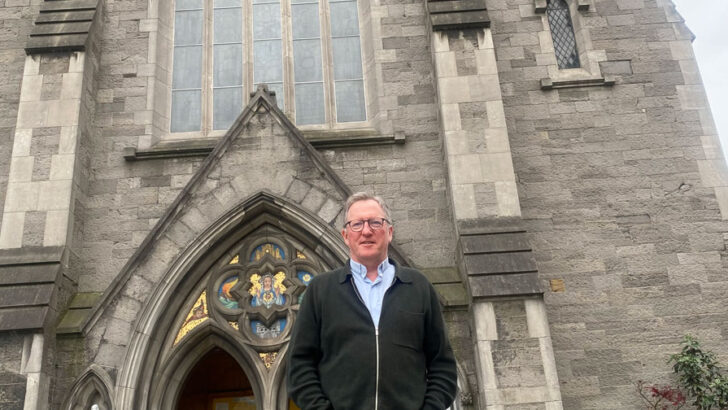Fr Alan Hilliard
Several years ago, I attended a conference in Melbourne Australia. It related to world religions and there was a specific section on Indigenous people. I was enthralled by a leader from the Inuit community. Though they live simple lives, it has its complexities. They are herders and nomadic, so they walk with their animals, caribou, more commonly known as Reindeers as the move from feeding ground to feeding ground. He was particularly incensed about one thing that happened into his tribe a few years previously. Because people are herder and tribes people, we often fail to give them credit for their incredible intelligence. Their knowledge and understanding of the world is admirable. For instance, because they are nomadic the spoke five languages so they could speak to people in the various countries they passed through while herding their deer. Their tribe has travelled the same lands for centuries, knowing where to stop, start, feed and rest. There was one spot that they crossed over the years. It was a frozen lake that was part of the trail. One time, they were crossing the ice gave way and they lost hundreds of deer in a most tragic and frightening way. This had never happened before…if it did it would have been in the folklore of his people. This was, as far as he was concerned, the impact of global warming and he was worried for his people as their leader. But it was how he spoke about his people and his role as leader that intrigued me more than anything.
Another indigenous man turned to him and spoke a little more about leadership and its burdens saying that he was not yet a leader and he wished he would not become one. When asked why he replied that when you are a chief you don’t own anything – if one of my people walks by me and they have no coat, and it is cold I have to give them mine.
Leadership
We’ve come to associate leadership with power, status, influence and privilege and reward. There is much goodness among many of our leaders but across out world the important quality for leadership is the one spoken about in the Gospel. We are told ‘that Jesus spoke with authority’. Did he bang the pulpit, did he quote his qualifications, did he tell them how much money he had, or did he boast about the number of connections he had in Jerusalem or back in Galilee, did he tell of his pension fund? His authority was unlike that which people experienced from the scribes and pharisees – his authority was his integrity and authenticity. For the Christian, leadership is somehow becoming the word of God, being Christlike in our world today. It is not to seek after self – it is not to chase after power and privilege or to be empire building in a material sense. However, our present world has us more venerable so we may find ourselves being nervous and anxious about these things. We must watch this because it can do us great damage. As the psychologist Eric Fromm says, “Greed is a bottomless pit which exhausts the person in an endless effort to satisfy the need without ever reaching satisfaction.”
Christianity holds the greatest model for leadership in our world. It starts with the integrity and authenticity of those who step into power, be they Inuit or world presidents.
Jesus’ inner world was manifest in his teaching and his actions. People say his inner and outer world was one and the same – this is precisely what authenticity and integrity is. The worst type of leader we can have is one whose inner world is committed to power, privilege, greed or destruction and yet their outer world present something different.
So, let’s think about it, let’s pray about it and let’s do something about it.


 Fr Alan Hilliard outside City Quay church on the Feast of All Saints
Fr Alan Hilliard outside City Quay church on the Feast of All Saints 